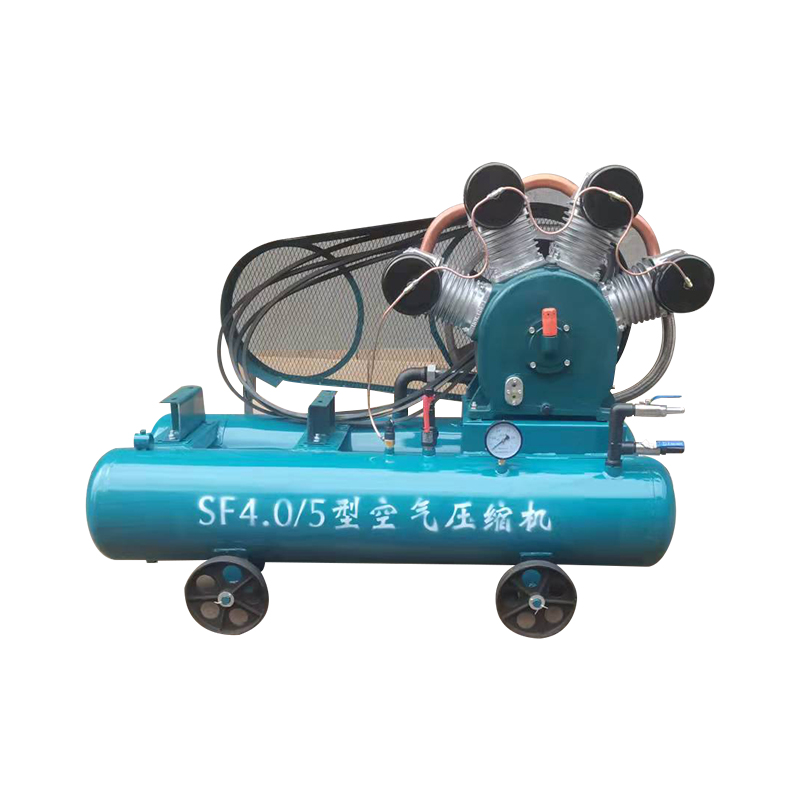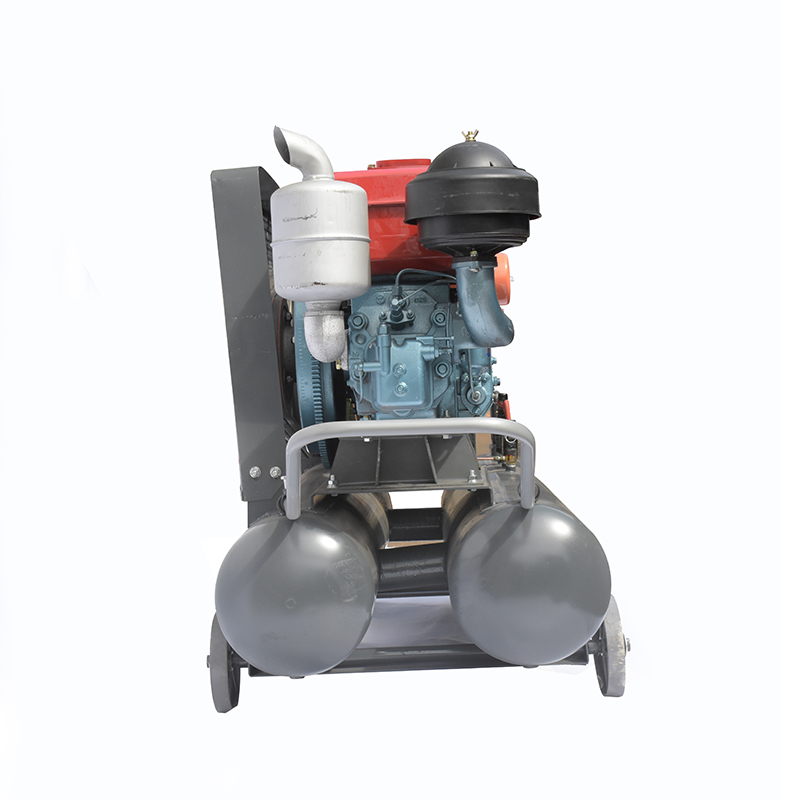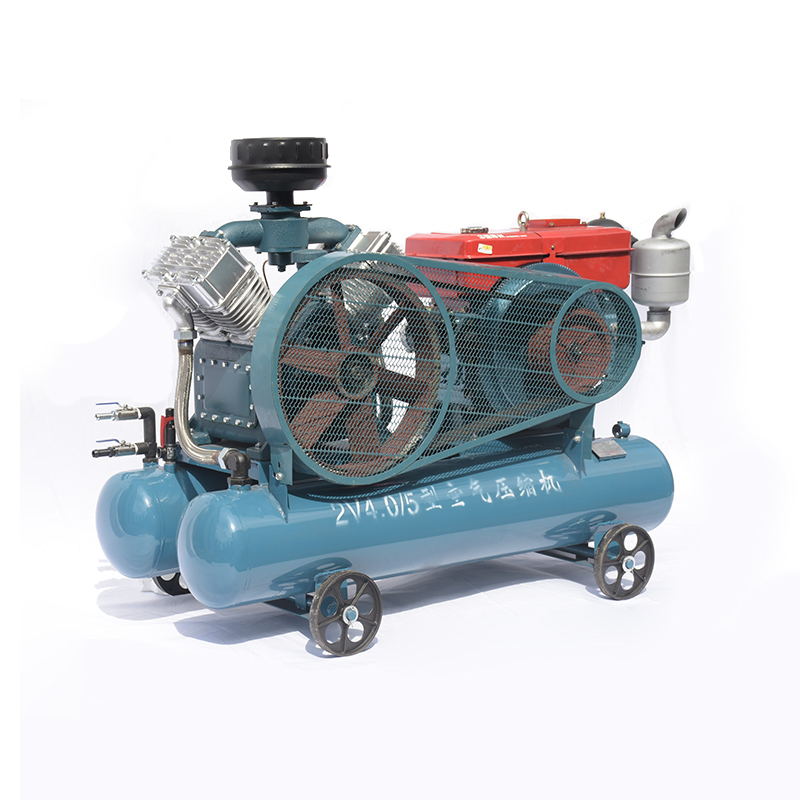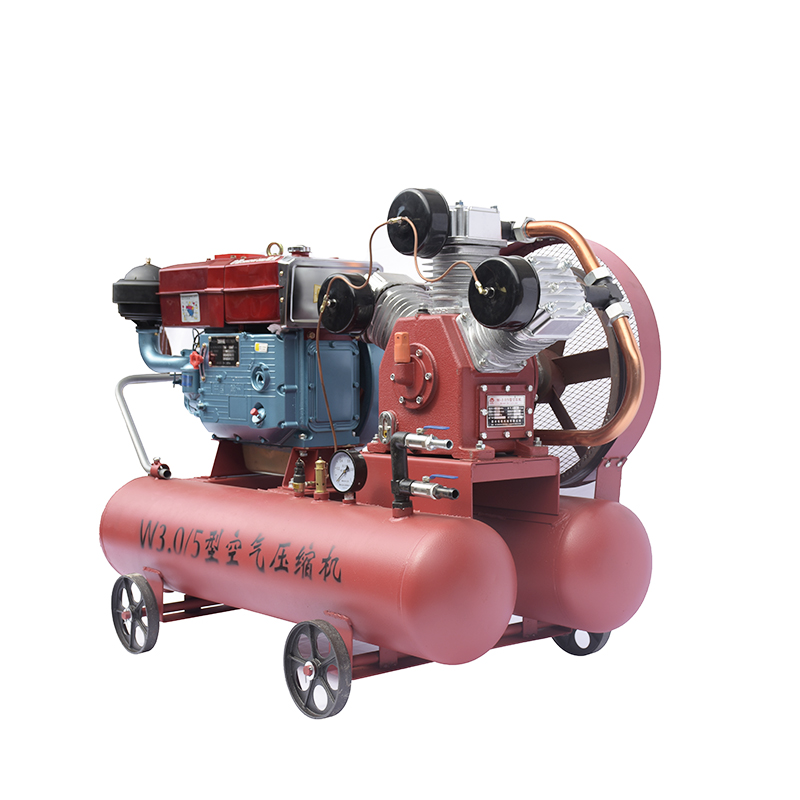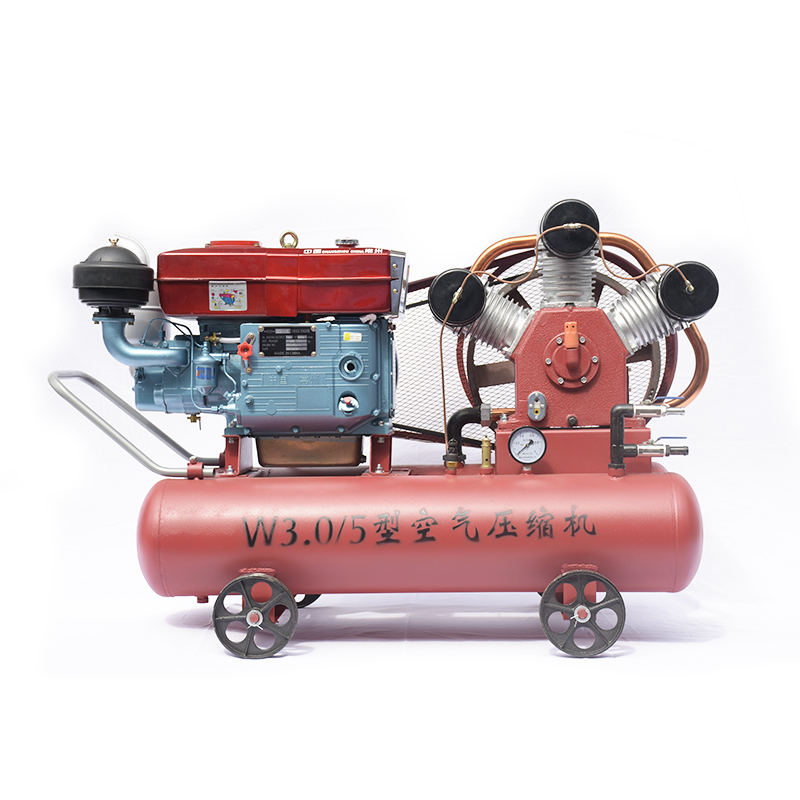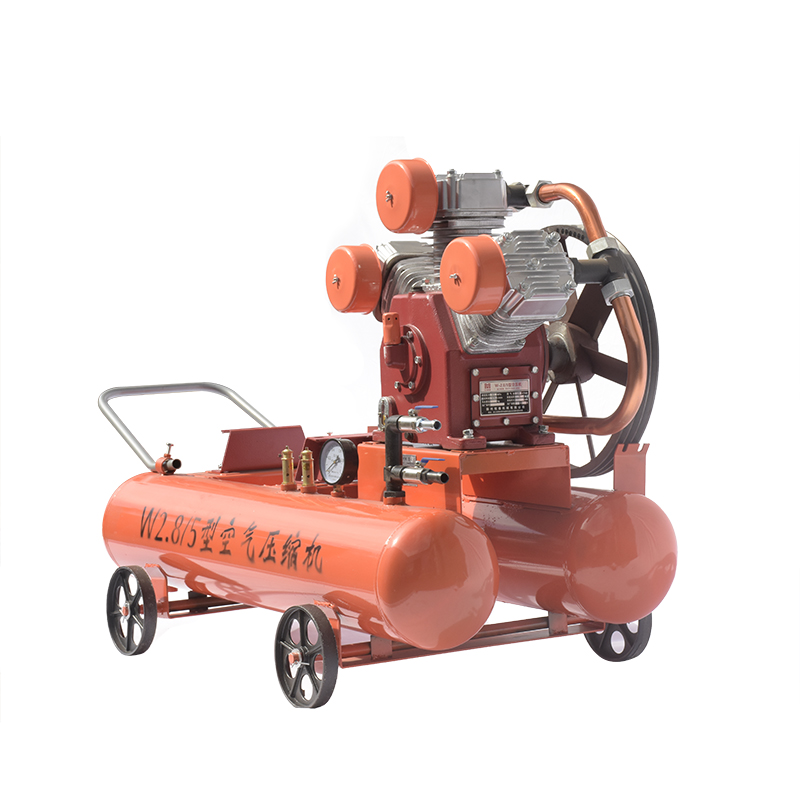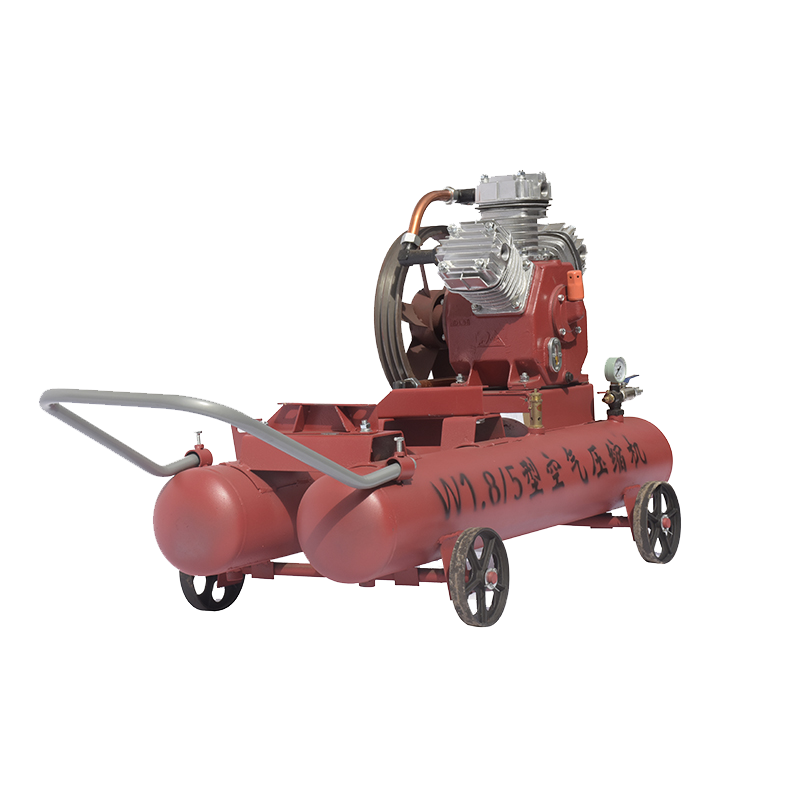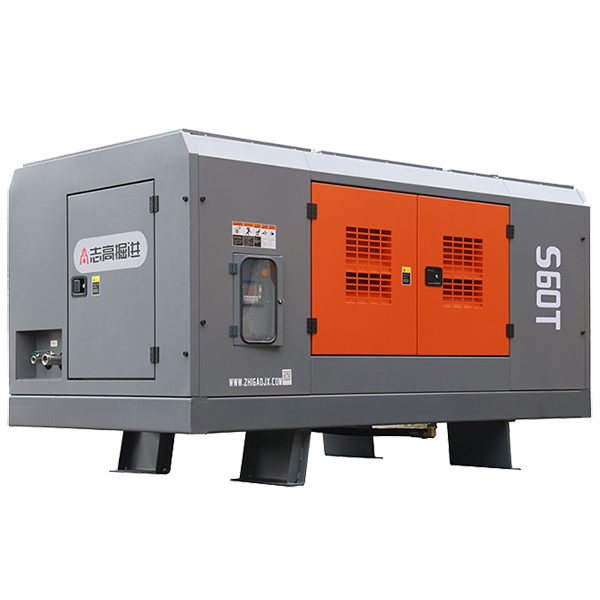For decades, devices such as the engine air compressor have been indispensable in the majority of internal combustion engines, without which these engines wouldn’t be able to produce the force driving the vehicle. Let’s gain a better understanding of how an engine air compressor functions and the critical role it plays in a combustion engine.
An engine air compressor is a tool that condenses air into the necessary pressure for it to be efficiently used within a motor. This pressure is generated by either a piston or a rotary switch depending on the type of engine. The compressed air is directed into the engine intake manifold and combined with fuel to ignite the combustion process, which drives the vehicle’s movements. During a four-stroke engine, this happens during the actual intake of the piston, whereas in a two-stroke design, it happens during the exhaust cycle. This complete process enables power creation which allows for car movement.
The air compressor is comprised of four separate parts: the compressor – the heartbeat of the system, the intake manifold – connecting the air filter and engine’s intake valve, the air filter – eliminating dirt and debris from the entering air, and the air intake valve – adjusting the amount of air entering the engine. Together, these components act like a fully functioning organism, with every part having an essential role.
The engine air compressor is a fundamental aspect of an engine’s capability. When it is optimized, it decides the accurate quantity of compressed air that must reach the combustion chamber and ensures that the engine is running at peak performance. With faulty functioning of the compressor, the engine cannot generate the horsepower needed to propel the vehicle.
The engine air compressor might be an unassuming component, yet it is indispensable as far as getting the engine to maximum potential. Absent this apparatus, the engine would be totally crippled in terms of producing the force essential for locomotion. Consequently, it’s wise to guarantee its proper functioning every time, plus get it looked at and serviced periodically.
For any vehicle to fully realize its power and potential, it needs an engine air compressor. Think of it like a turbocharger for engine power, taking in the air which swirls in the atmosphere and compressing it, expelling it into the engine’s cylinders as supercharged fuel. An important component of a car or truck engine, the air compressor is usually powered by the mechanism itself, boosting its overall performance and efficiency.
Compressing the air within the engine’s cylinders yields an increase in both its heat and pressure. As a consequence, the air molecules tightly pack together, resulting in a heightened force when discharged from the cylinders. The seemingly miraculous multiplier of power this provides to the engine enables vehicles to propel quicker and function more productively. All of this is thanks to the air compressor at our disposal.
Positioned in the engine bay, the air compressor is constructed with metal and connected to the engine via a belt or chain. The crankshaft linked to this device then uses a pulley to power the air compressor, which proceeds to suck in inhalation from the atmosphere and compresses it. This regulated flow of air is then ejected towards the engine’s cylinders where it creates power by igniting the fuel.
The engine requires a steady supply of air to function optimally in order to guarantee its efficiency and output quality. This is where the air compressor comes into play, functioning consistently to evenly administer the appropriate amount of air for the engine. Not only does this ensure the good performance of the engine, but it also necessitates less gas to be used since the air is compressed before reaching the cylinders.
Without an air compressor running optimally, an engine is left faltering. Its performance and efficiency are poor, resulting in decreased power and increased fuel consumption. Without this essential component, an engine would be left struggling to perform.
To ensure your air compressor operates optimally, regular servicing is key. This necessitates inspecting all the belt, chaining, and pulley mechanisms for wear and tear. Additionally, it’s essential to keep the compressor cleared from all dirt and obstacles. Last but not least, examining the air filter for clogs or other damage should not be forgotten.
In order to maintain the engine’s unwavering performance, an air compressor needs to be in optimal condition. Regular maintenance and servicing is a great way to ensure that the unit remains at its peak efficiency so that the engine can generate power and efficiency as efficiently as possible.
Post time: 2023-08-08


